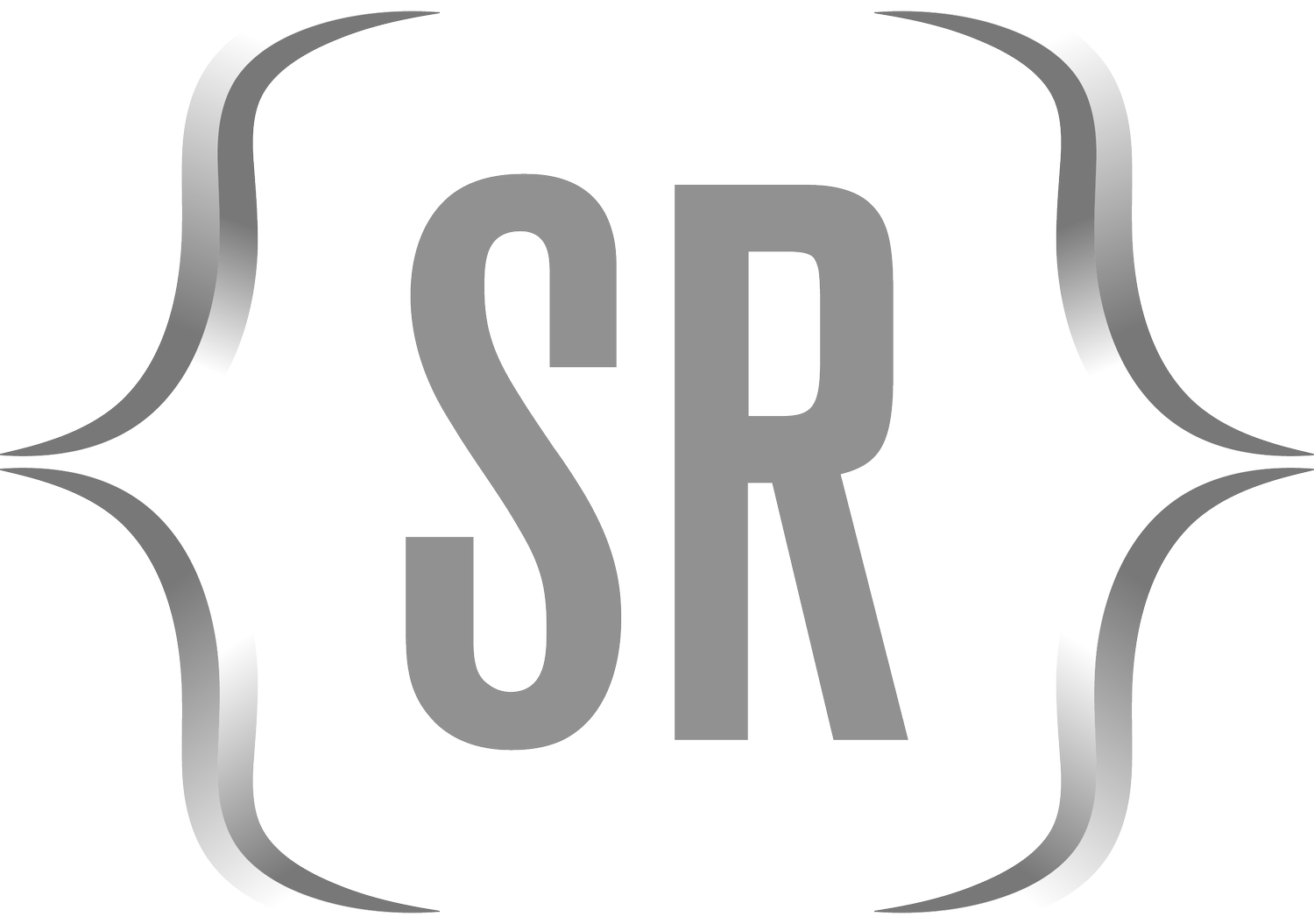The “traceplot” Function in R
Package: rstan
Purpose: Visualizes traceplots of MCMC samples from a Stan model
General class: Bayesian inference
Required argument(s):
object: The result of fitting a Stan model using functions like stan_model.
Notable optional arguments:
pars: A character vector specifying the parameters to plot. If not specified, all parameters are plotted.
inc_warmup: Logical. If TRUE, includes the warmup samples in the traceplot. The default is FALSE.
nrow and ncol: Additional arguments passed to facet_wrap for arranging multiple plots.
Example:
# Load the rstan library
library(rstan)
# Define the Stan model code
model_code <- '
data {
int<lower=0> N;
real y[N];
}
parameters {
real mu;
real<lower=0> sigma;
}
model {
y ~ normal(mu, sigma);
}
'
# Compile the Stan model
model <- stan_model(model_code = model_code)
# Fit the Stan model
N <- 100
fit <- sampling(model, data = list(N = N, y = rnorm(N)))
summary(fit)
# Visualize traceplots
traceplot(fit, pars = c("mu", "sigma"))This example demonstrates how to use the “traceplot” function from the rstan package to visualize traceplots of MCMC samples from a compiled Stan model. The function requires the result of fitting a Stan model (stanfit object) as input and allows specifying optional arguments like the parameters to plot and whether to include warmup samples in the plot.
